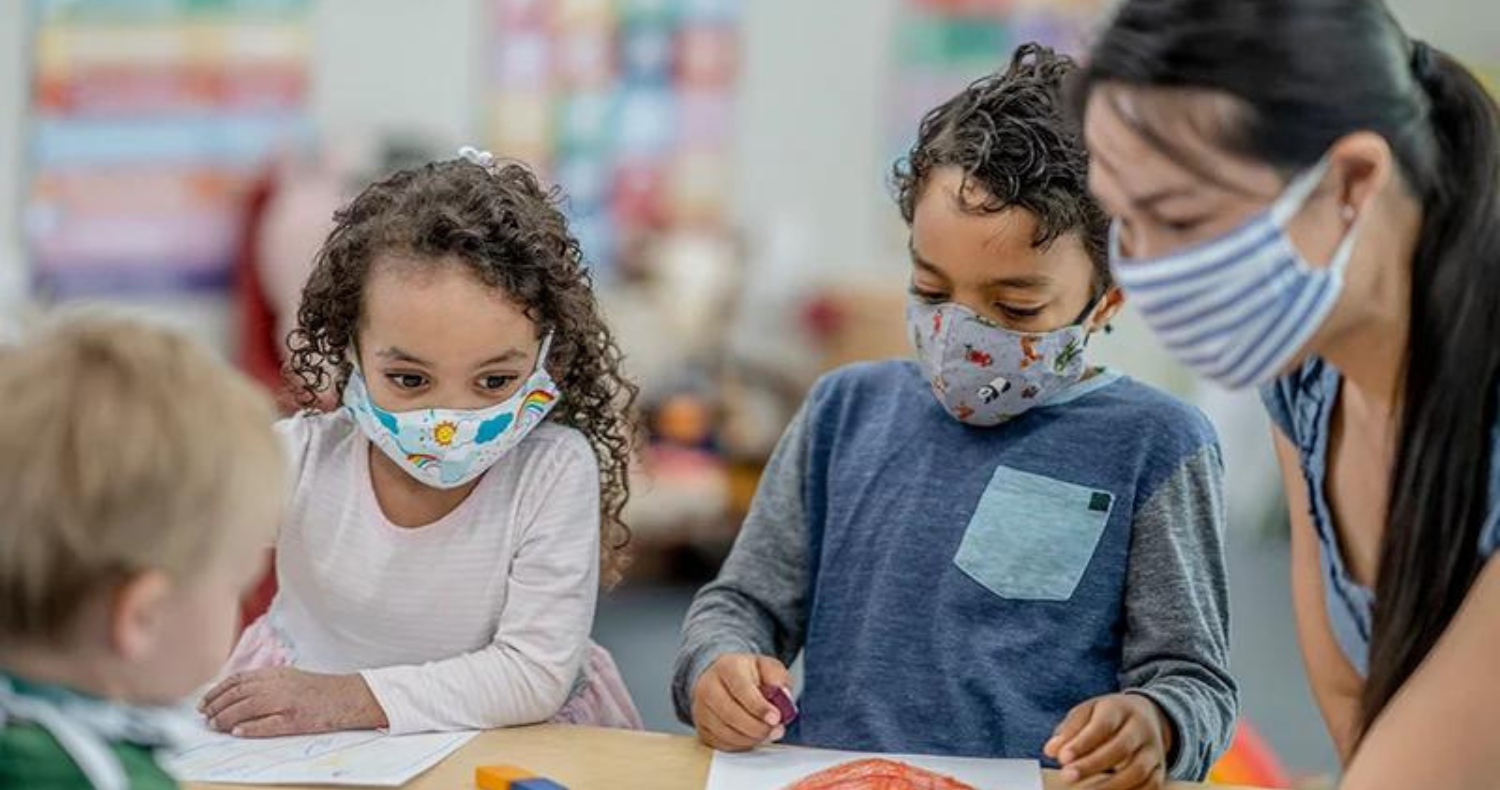UK (Parliament Politic Magazine) – The UK Health Security Agency (UKHSA) has reported an alarming nearly 9% surge in cases of a disease that tragically claims the lives of numerous children and teenagers each year. Parents are being issued warnings about recognizing specific symptoms due to the recent upswing in cases of a potentially fatal childhood virus known as respiratory syncytial virus (RSV).
RSV contributes to approximately 450,000 doctor visits, leads to 29,000 hospital admissions, and results in 83 fatalities among children and teenagers in the UK annually. In the week ending October 20, there was a notable 5% increase in RSV cases among children under the age of 5.
Data from the UK Health Security Agency reveals that the surge in RSV cases has reached 8.7%, with the highest incidence observed among individuals under the age of 5, accounting for 34.1% of the cases.
Symptoms of RSV Can Be Severe
It appears that RSV cases are mirroring a pattern seen in the previous winter, which experienced an elevated number of infections possibly due to reduced immunity resulting from extended periods of staying at home during Covid-19 lockdowns. Recognizable symptoms of RSV encompass a runny nose, diminished appetite, coughing, sneezing, fever, and wheezing, as reported by famous portals.
Dr. Conall Watson, a Consultant Epidemiologist at the UK Health Security Agency (UKHSA), has noted, “UKHSA surveillance for this week reveals a notable rise in RSV and RSV bronchiolitis cases in young children, as observed in laboratory testing and hospital emergency departments. Although RSV infections are generally mild, they can lead to respiratory difficulties, especially in infants and the elderly. Initial symptoms in infants may resemble a common cold, but they can progress to include rapid or noisy breathing and difficulties with feeding.
Dr. Watson further advises, “If your baby’s cold appears to be worsening, causing unusual breathing, or interfering with feeding, please do not hesitate to contact NHS 111 or get in touch with your GP practice. As a parent, it’s crucial to trust your instincts; if your child appears seriously unwell, don’t hesitate to call 999 or seek immediate medical attention at the nearest Accident & Emergency department.”
Essential to Adopt Effective Measures
To safeguard both yourself and those around you, it’s essential to adopt a few simple yet effective measures. Regularly washing your hands, particularly after coughing or sneezing, and using a tissue to cover your mouth when doing so can significantly reduce the spread of germs. Furthermore, if you’re feeling unwell, it’s advisable to practice social distancing and avoid close contact with others.
It’s worth mentioning that another compelling reason to protect babies from exposure to tobacco smoke is its association with more severe respiratory syncytial virus (RSV) infections, making it even more crucial to ensure a smoke-free environment for their well-being.
A comprehensive list of common symptoms associated with Respiratory Syncytial Virus (RSV) includes a runny nose, decreased appetite, coughing, sneezing, fever, and wheezing. These symptoms are indicative of an RSV infection, which can vary in severity, and it’s important to be vigilant, especially in infants and young children, to ensure appropriate medical attention and care when these signs are present.
Read More: Key Hurdles Confronting the Healthcare and Care Systems in England
Outbreak in Cardiff
Amid concerns about a potential surge in measles cases after an outbreak in Cardiff, it’s important to note that RSV, a prevalent respiratory infection, typically emerges during the winter season. RSV initially manifests with symptoms similar to the common cold. However, if it progresses to affect the lungs, it may result in bronchiolitis, characterized by inflammation of the smaller airways within the lungs, and potentially lead to pneumonia.
Notably, the incidence of this serious infection has recently been on the rise in the United Kingdom, particularly among the most susceptible and youngest age groups. RSV cases have mirrored the pattern observed in the previous winter, when infection rates were elevated. This increase was attributed to children having reduced immunity as a consequence of extended periods of staying at home during the various COVID-19 lockdowns.
In September, specialists from the Royal College of Pediatrics and Child Health (RCPCH) issued a warning that the winter season could witness a substantial rise in hospitalizations for RSV among infants. This projection is primarily linked to delays in the availability of a new vaccine.


